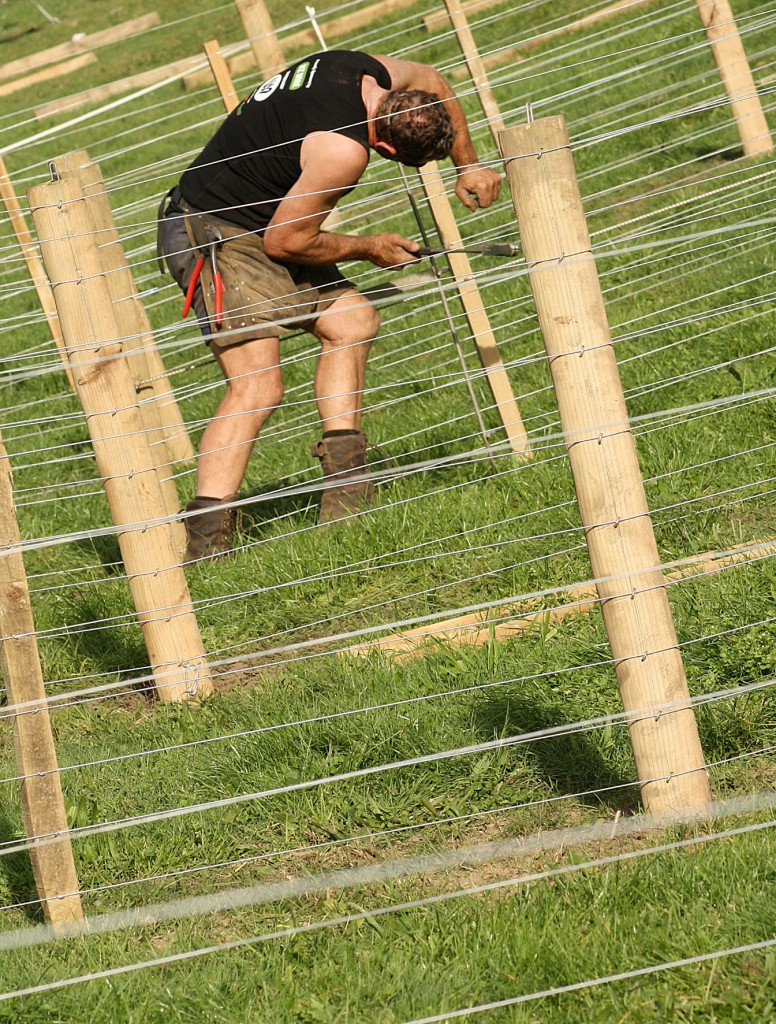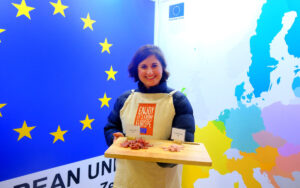Competitors nail fencing Golden Pliers championship
Spectators watched in awe as the eight finalists of the Golden Pliers fencing championships spent six and a half hours producing a fence of the best quality on Thursday.
Spectators watched in awe as the eight finalists of the Golden Pliers fencing championships spent six and a half hours producing a fence of the best quality on Thursday.
The Golden Pliers, one of three events that make up the Fieldays NZ Wire/Wiremark Fencing competition, asks the finalists to produce the best fence in quality, appearance and mechanical components as quickly as possible.

The eight finalists qualified from heats, and this year for the first time a father and son, Shane Bouskill and 21-year-old son Tony Bouskill, both qualified for the final and ran in competition with each other.
Both then went on to compete in the Silver Spades, the doubles round on Friday, although not together – another first in competition history.
The required fence for the Silver Spades competition differs each year to keep up with the most recent developments in fencing.
First prize for the Golden Pliers is $5000, first prize for the Silver Spades is $2000.
On Wednesday, the Bill Schuler round ran for up and coming fencers where Jared Nicholson won against five other contenders.
14 judges from a variety of backgrounds judge the three events, specializing in different aspects of technique, appearance and mechanical quality.
One judge and former champion Owen Peterson said the difference between first and second place can come down to only a millimetre.
“You’ve got to keep your wits about you, because every minute detail of your fence-building technique is being examined.”
“It’s the most prestigious event in the world that showcases a farmer’s fence-building knowledge and physical endurance at the same time. The setup of the event allows observers to get pretty close, so they can watch and learn.”
Andrew Holman, visiting Fieldays from Victoria, was watching the fencing keenly
and said he really enjoyed the competition.
“The whole idea of it is really good. Just seeing how quick they whack it up on the terrain and the wire dimension and watching the staple go in is really good.
Over the week, 50 kilometers of wire was used in the competitions and all the material for the fencing was recycled.




